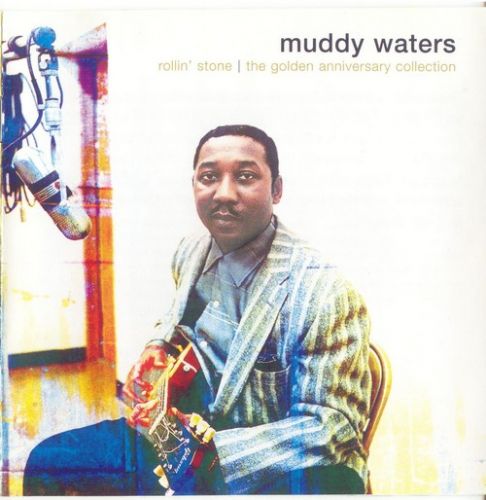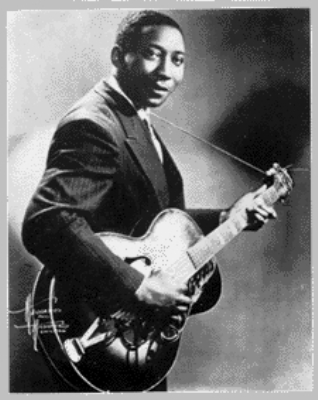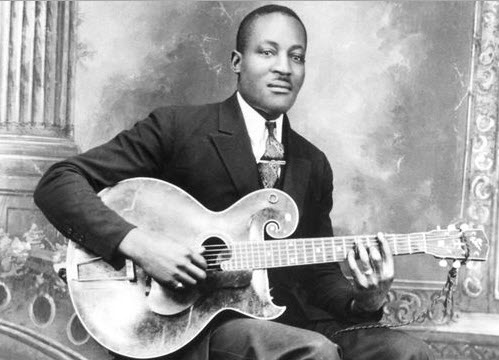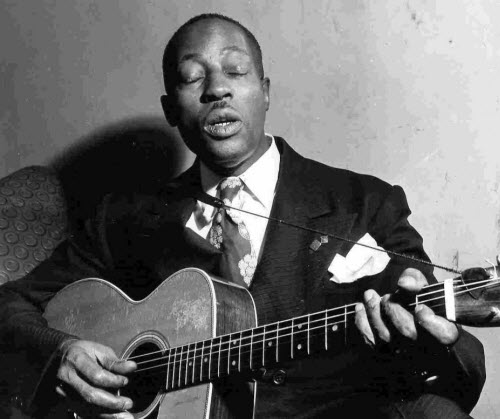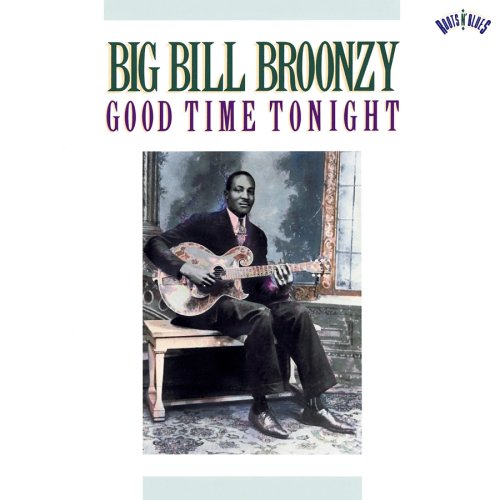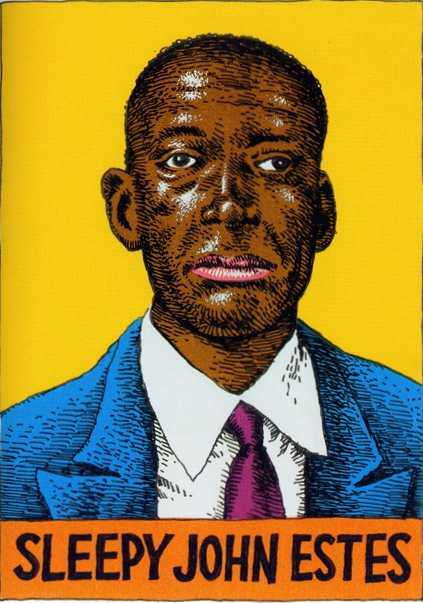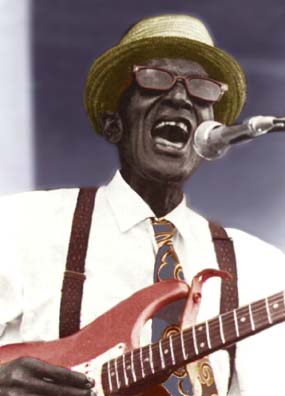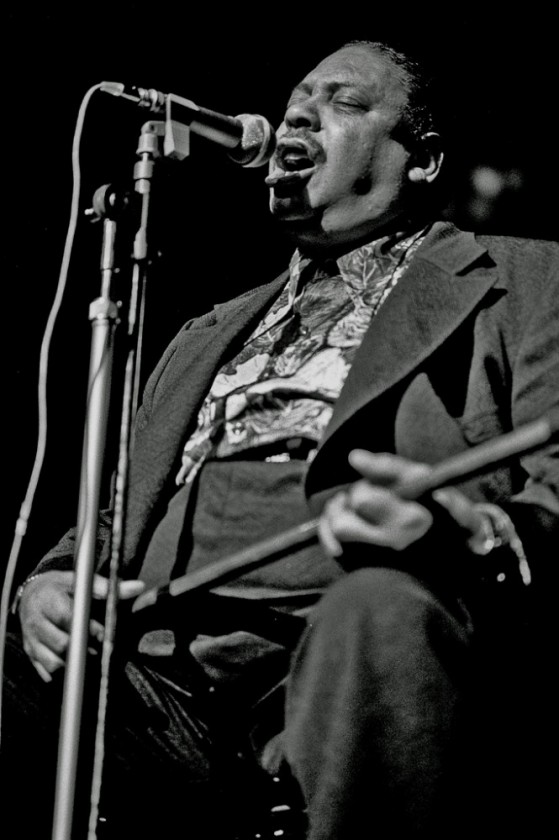This is powerful music and belongs in any serious music fan’s library. You can’t own too much Muddy Waters. And even if you bought the Chess Box Set, only a third of these tracks were included. ESSENTIAL
~Steve Vrana (amazon.com review)Not just an essential historical record of an artist and genre, these are some of the most seminal and inspired blues performances ever recorded.
~Hal Horowitz (allmusic.com)
Down South Blues @ spotify:
Wikipedia:
| Released | June 27, 2000 |
|---|---|
| Recorded | 1947-September 17, 1952 Chicago |
| Genre | Blues |
| Length | 153:41 |
| Label | MCA/Chess |
| Producer | Leonard & Phil Chess, Andy McKaie |
| Compiler | Andy McKaie |
Rollin’ Stone: The Golden Anniversary Collection is a compilation album collecting the first 50 master recordings of blues singer Muddy Waters for Chess Records. The collection spans Muddy’s debut with then named Aristocrat Records circa 1947, and traces his evolution as a songwriter and musician up to September 17th, 1952 on what became Chess Records after the company changed ownership. It is the first in a series of releases chronicling Muddy Waters’ complete recording career at Chess. The second release in the series is Hoochie Coochie Man: The Complete Chess Masters, Volume 2, 1952-1958 (2004) and the third release in the series is You Shook Me: The Complete Chess Masters, Volume 3, 1958 to 1963 (2012).
Gypsy Woman @spotify:
Personnel:
- Muddy Waters – vocals, guitar (all tracks)
- Sunnyland Slim – piano
- Ernest “Big” Crawford – bass
- Alex Atkins – alto sax
- Leroy Foster – guitar, drums
- Johnny Jones – piano
- Jimmy Rogers – guitar, vocals
- Little Walter – harmonica, guitar, vocals
- Leonard Chess – producer, bass drum
- Elgin Evans – drums
- Phil Chess – producer

